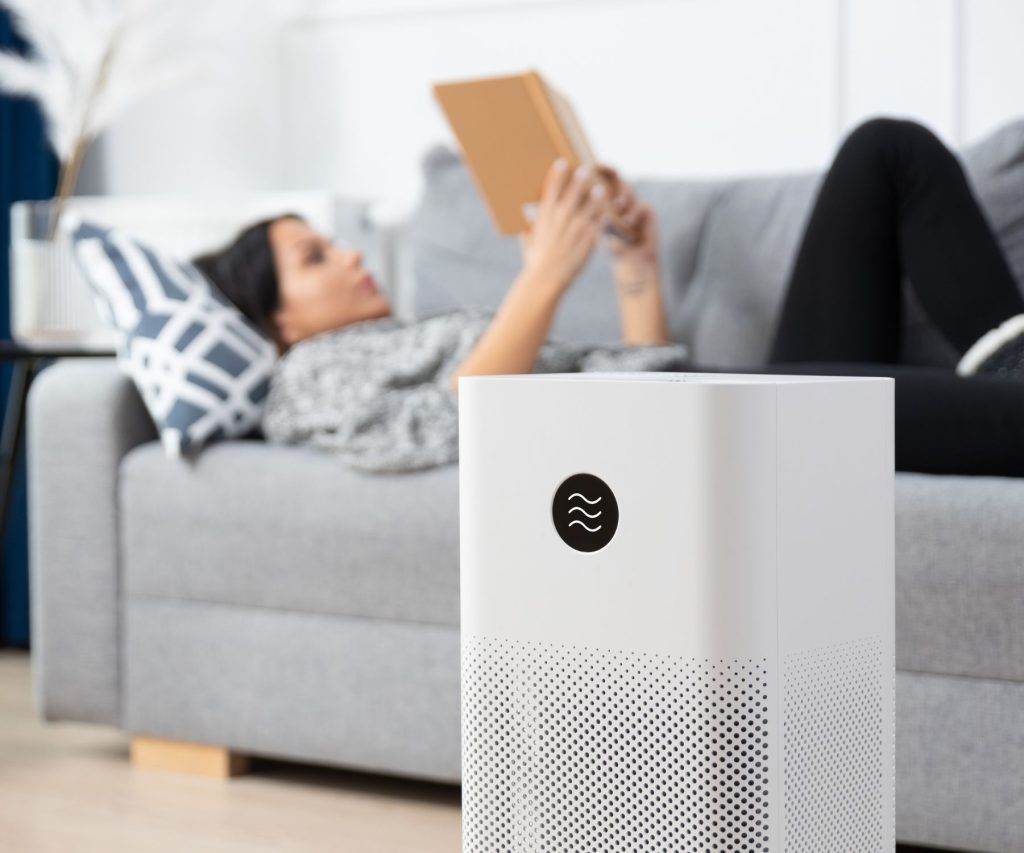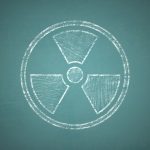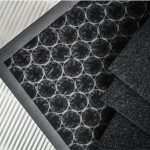Table of Contents
Air Purifiers vs Air Filters: Which is Better for Your Home?
When it comes to improving indoor air quality, both air purifiers and air filters can be effective options. But what exactly is the difference between the two? And which is better for your specific needs?
Air Purifiers
Air purifiers are standalone appliances designed to actively filter and circulate air throughout a room. They work by drawing air in, passing it through a series of internal filters to trap pollutants, and then circulating the cleaned air back out. This continuous cycle helps remove contaminants like dust, dander, smoke, chemicals, and odors from the air.
Some key benefits of air purifiers include:
- Actively circulates and filters air – doesn’t rely on central HVAC system
- Can cover areas up to 1000 square feet or more
- Uses HEPA filters that capture 99.97% of particles 0.3 microns or larger
- Added features like UV light to kill germs and mold
- Can help reduce allergies, asthma, and symptoms from indoor pollutants
Air Filters
Air filters are filtration systems that attach to central heating and air conditioning (HVAC) units to help clean the air that circulates throughout a home. As air passes through the HVAC system, the filter traps many pollutants before releasing cleaner air through the home’s vents.
Benefits of using air filters include:
- Filters air throughout entire home via central HVAC system
- Less expensive upfront cost than buying air purifiers
- Various filter types available from basic to HEPA
- Easy to replace filters when needed
- Can reduce dust, pet dander, mold spores, and allergens in the air
Key Differences
| Air Purifiers | Air Filters |
|---|---|
| Standalone units that filter individual rooms | Attach to central HVAC system to filter whole home |
| Continuously circulates and filters air | Filters air only as it passes through HVAC system |
| Typically have HEPA filters | Range of filter types from basic to HEPA |
| More expensive initial purchase | Lower upfront cost for filters |
| Require more frequent filter changes | Only need annual or semi-annual filter changes |
 FAQ
FAQ
1. Which is better for dust and allergies?
For reducing dust and allergy symptoms, air purifiers may work better since they actively filter the air continuously. High-quality HEPA purifiers can capture 99.97% of fine particles like dust, dander, and pollen that irritate allergies.
2. Do I need an air purifier if I already have HVAC filters?
It depends on your specific air quality concerns. If you have severe allergies or sensitivities, an air purifier in problem rooms may still help reduce symptoms. For general dust and pollen control, good HVAC filters may be sufficient.
3. How often should you change air filters?
HVAC filters should be changed every 3-6 months for optimal performance. Check your filter monthly and replace when it looks dirty. Air purifier filters need more frequent changes, often every few months.
4. Can air filters remove odors?
Basic HVAC filters are not very effective at removing odors or gaseous pollutants. Activated carbon filters, which are common in air purifiers, work better to adsorb odors and chemical fumes.
5. Do air filters use a lot of electricity?
Air filters use minimal electricity, only what’s needed to circulate air through the HVAC system. Air purifiers use more power since the fan must actively cycle air continuously through the filters.
6. What filter should I use for smoke?
For smoke removal, a high-efficiency HEPA filter is best. HEPA filters are able to capture the tiny particulate matter in cigarette, fireplace, and wildfire smoke.
7. Can air filters reduce VOCs?
Basic HVAC filters do not remove VOCs (volatile organic compounds) very well. Air purifiers with activated carbon filters are better at adsorbing VOCs from sources like paint fumes, cleaning chemicals, or office equipment.
For more information, check out this article from the EPA comparing air purifiers and air filters.








